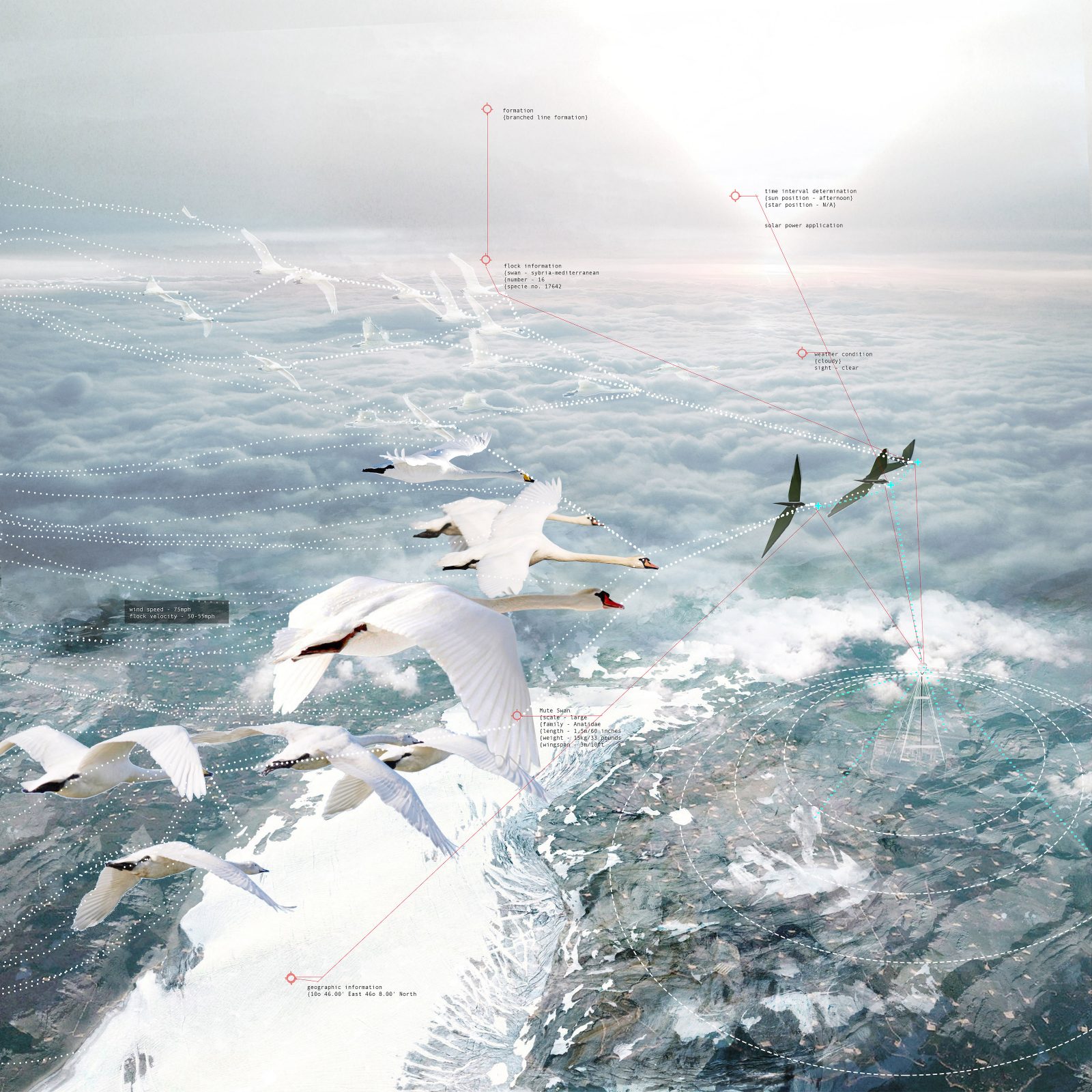Image credit:
Artist: Yufei Li (China/UK), Sky, from the series Winged Migration: Bird Airports across the Mediterranean (2014). © Yufei Li 2021.
“Planet on Fire” examines critical and creative approaches to climate change, environmental disaster, and the threat of mass extinction with a focus on the interdisciplinary arts and humanities. The course centers artistic and creative practice engaging with climate change and related questions on the premise that such practice expands, often radically, the range of voices and views that can be heard. It also centers underrepresented and marginalized voices, including specifically postcolonial, indigenous, Black, queer, and feminist perspectives on the earth, nature, ecology, human-animal relations, and non-humanist or non-human cosmologies, in an effort to counterbalance or contest ideas and discourses about climate change and possible solutions that have their roots in capitalist, imperialist, Western, Euro-American or Eurocentric, and patriarchal worldviews.
The syllabus was designed with a particularly strong focus on contemporary visual art and visual and spatial practice. Work by contemporary artists from all over the world will be complemented by readings in contemporary literature, philosophy, environmental humanities, and social science, students are looking at histories, practices, thought systems, and imagined worlds that teach us to understand the past, present, and future of the planet differently and that offer radical new possibilities for imagining what Anna Tsing calls “the promise of cohabitation,” or life on earth.
Read more about Professor Bajorek here.


